Decolonizing One Stage at a Time
The great African-American poet and activist Audre Lorde once said, “If I didn’t define myself for myself, I would be crunched into other people’s fantasies for me and eaten alive.”
The women of Hot Brown Honey have taken those resounding words to heart–and to the mainstages of theatres across the globe in an exuberant and defiant show that shatters stereotypes and tackles complex issues at the intersection of race, gender, sexuality, and identity.
“I was sick of going into these major theatre companies and seeing poster after poster of people who looked nothing like me,” said Lisa Fa’alafi, the show’s co-creator, director, designer, and choreographer. And on the rare occasion that she did see faces like hers onstage or in other mainstream media, it was often in the narrow and stereotypical role of maid, nanny, or some other subservient female archetype that did not resemble or represent her own experience and story.
With that, she and her co-creator and Hot Brown Honey’s musical director, Kim “Busty Beatz” Bowers, set out to define themselves for themselves.
“It came out of necessity that we decided to start Hot Brown Honey first as a club night to make some space for our stories,” shared Fa’alafi. “We knew that the urgency was felt by so many other performers of colour in Australia that we were like, ‘let’s sit down, let’s tell our story, let’s write the show that we think could fit the Sydney Opera House, our major venue in Australia. And that’s where we kicked off.’”

Hot Brown Honey Onstage / Photo by Dylan Evans
Serving Up a Splash of Diversity
A fiercely powerful production that blends burlesque, cabaret, acrobatics, and hip hop to bring the stories of Black, Indigenous, and Women of Colour to the forefront of our mainstream consciousness, Hot Brown Honey is delicious political satire and social commentary all wrapped in one party of a show.
The Briefs Factory production from Australia features six multi-talented women of colour of vastly diverse backgrounds, both in cultural/ethnic identity and in art practice. Led by Lisa Fa’alafi who is of Samoan heritage and Busty Beatz from South Africa, the show is made of a cast of exactly its title–hot brown honeys. Ofa Fotu from Tonga graces the stage with her soulful singing while Aboriginal Australian Elena Wangurra dances through it all. Crystal Stacey from Indonesia is a circus artist performing hula hoop and aerial stunts while Matehaere Hope ‘Hope One’ Haami of Māori descent is the show’s resident beatboxer.
The splash of diversity is, of course, intentional. “When Busty and I were writing the show, we knew we wanted diverse women, diverse shapes, diverse forms,” said Fa’alafi. The range of cultural identities of the Honeys allow the show to dig deep into the varied and nuanced experiences of brown women and reveal, in equally diverse art forms, the complex ways in which they move through the world.
Uncompromising and Unapologetic
Though their show may be dripped with bombastic beats and sweet allusions to the beehive, the truth is there is no sugarcoating here. Hot Brown Honey confronts issues that affect most, if not all, people of colour: power and oppression, domestic violence and the male gaze, white supremacy and colonization. Through a mélange of song, dance, poetry, circus acts, stripteases, and comedic sketches, Hot Brown Honey challenges and empowers the audience to make noise and rise up against systems of oppression.
“It’s all very loud and we encourage the audience to make a lot of noise. We made it that way because for thousands of generations, Indigenous women and women of colour have been silenced,” says Fa’alafi. Channeling Audre Lorde once again, Beatz repeatedly quotes throughout the show: “we’ve been taught that our silence will save us, but it will not.”
When asked if the rise in popularity of the show from fringe cabaret circuits to international mainstages has forced any kind of changes to appear more palatable to mainstream audiences, Fa’alafi was uncompromising. “No. The show is what we want to say.”
Instead, Fa’alafi explains that the Honeys have developed strategies to better engage with their audiences on the subject matter. “We stand by the entrances when you walk into the building. We’re there to welcome you, we’re there to make you feel at home. We’re dancing around in the aisles, we’re encouraging you to dance. From the get-go, we’re establishing that this is our space. This is a welcoming space, even if you might feel confronted if this is not your story. We have welcomed you in enough that you can feel at home while also being challenged.”
Laughter as a Mechanism for Healing
Long before they brought together the hive, co-creators Fa’alafi and Beatz had worked together in remote areas of Australia to facilitate dance and music workshops to Indigenous communities. They had learned early on the power of the arts to bring people together and used that rich experience to inform so much of what Hot Brown Honey is today: an intentionally crafted experience designed to move its audience to tears, howl with laughter, and groove through the night.
“We tried to make a show that was so in and out of all of these emotions that it would really be afterwards that you’d have to process and continue this conversation,” Fa’alafi explains.
Audiences have often been surprised by the rousing joy of the show, especially considering its not-so-light goal of dismantling the patriarchy, capitalism, and white supremacy. But as their tagline suggests,
fighting the power never tasted so sweet.
For the Honeys, laughter is a healing mechanism that can break down barriers, making room for the dialogue around bigger and deeper issues that help move us forward. As Fa’alafi expresses, “if we can laugh together, then we can cry together and maybe even fix some things.”
World Pollination with the Honeys
The women of Hot Brown Honey have come a long way from their club nights in Brisbane as they tour around the globe to sold out shows. Although the show tackles universal issues that affect people of colour all around the globe, each country they visit has its own unique histories and relationships with colonization that informs its journey towards (or away from) reconciliation today. The Honeys have gotten a glimpse of those differences in their own shows.
“We’ve been surprised by the amount of noise our audience here in Canada have been making,” expressed Fa’alafi. “I don’t know if it’s because these conversations about reconciliation and Indigenous issues are at the forefront for you today and in the last few years, or it’s just our total denial of these things and our history in Australia, but it does feel very different.”
Regardless of where they are or how receptive their audience may be, Hot Brown Honey is on this “World Pollination Tour” to decolonize one stage at a time. They’ll be buzzing their way from Vancouver to Toronto to smash stereotypes, disrupt the system, and make a whole lot of noise at the Bluma Appel Theatre this weekend.
The only question is this: are you ready to make way for the matriarchy, Toronto?

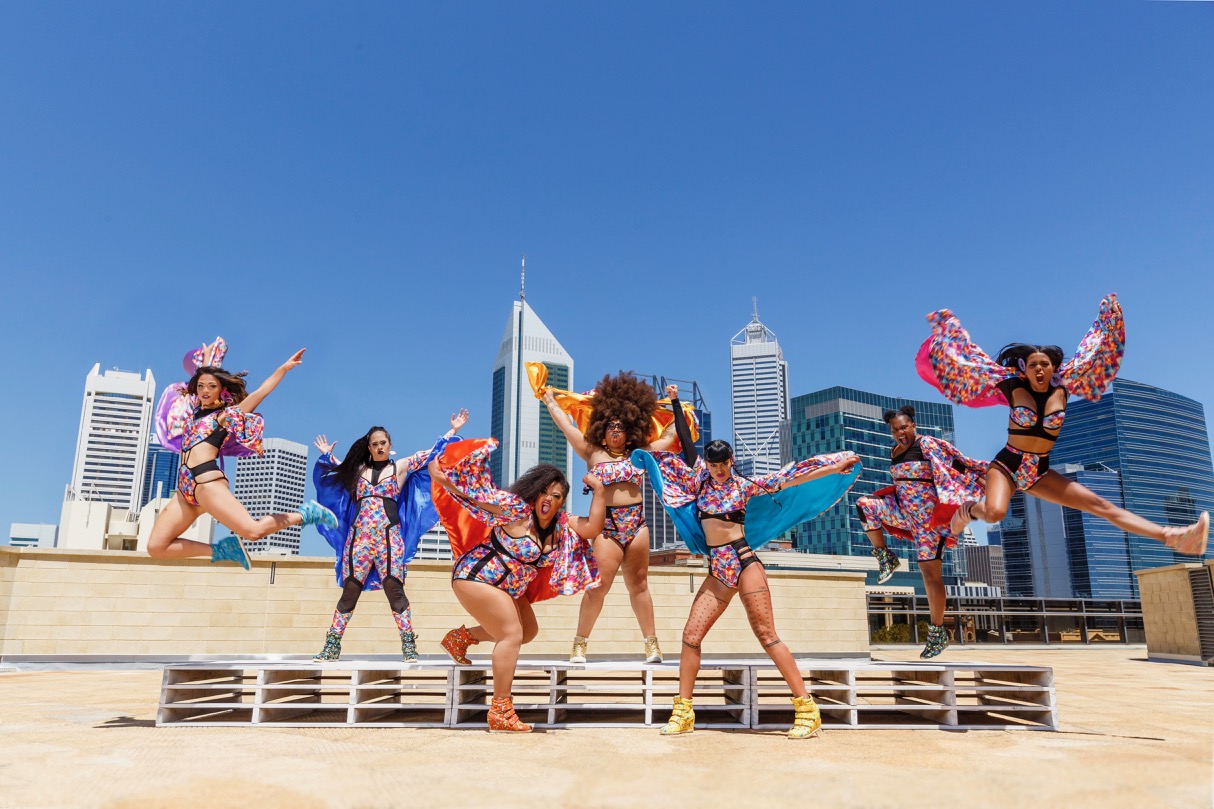
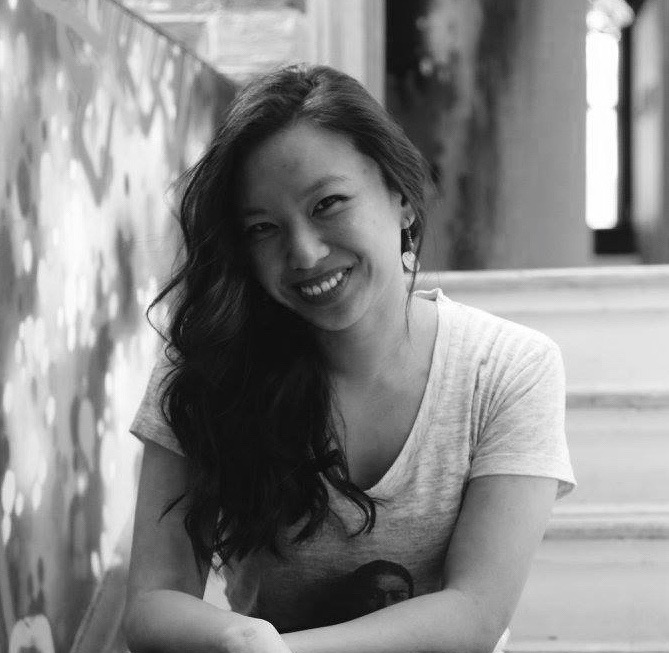


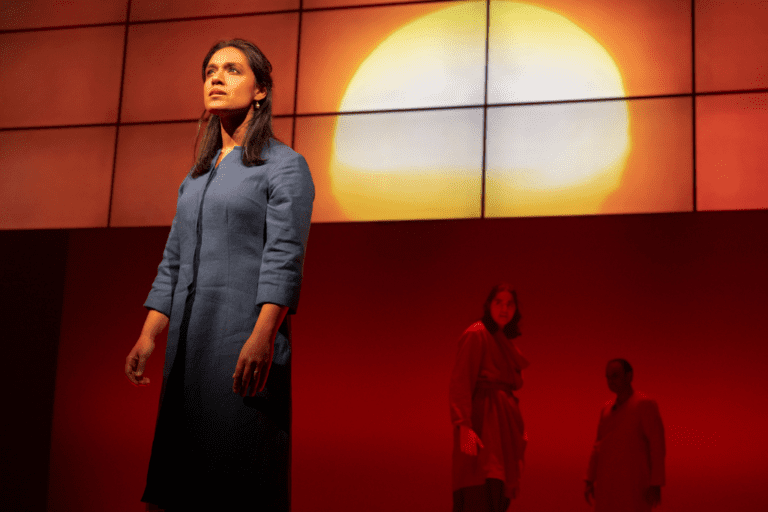
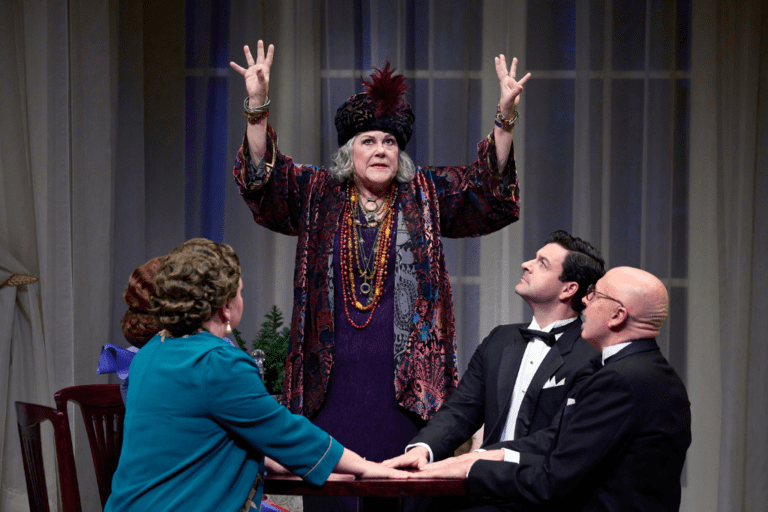


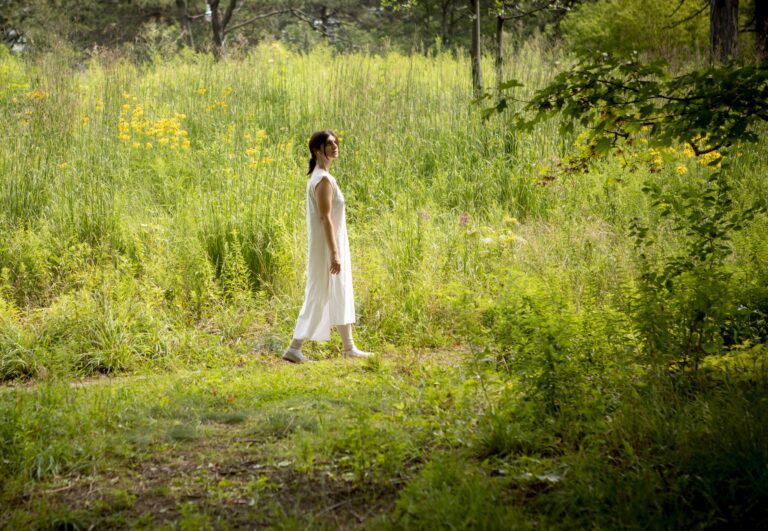
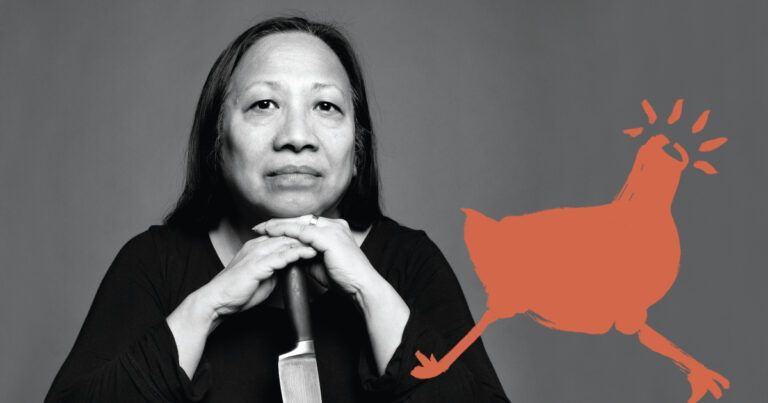
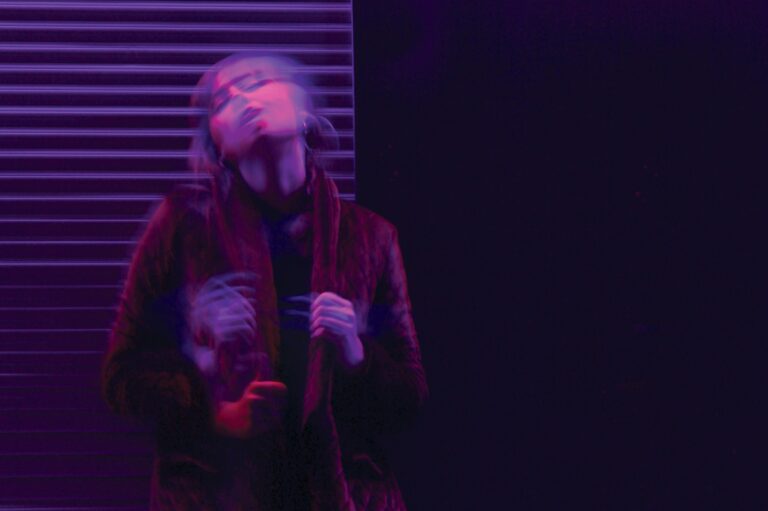
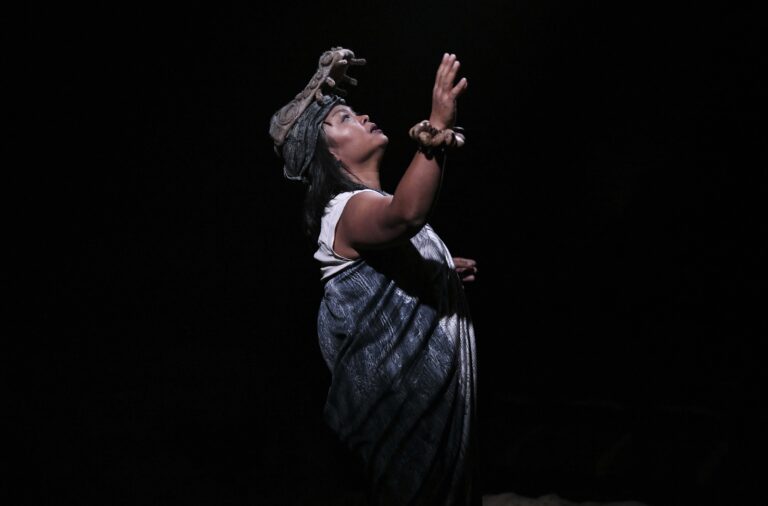
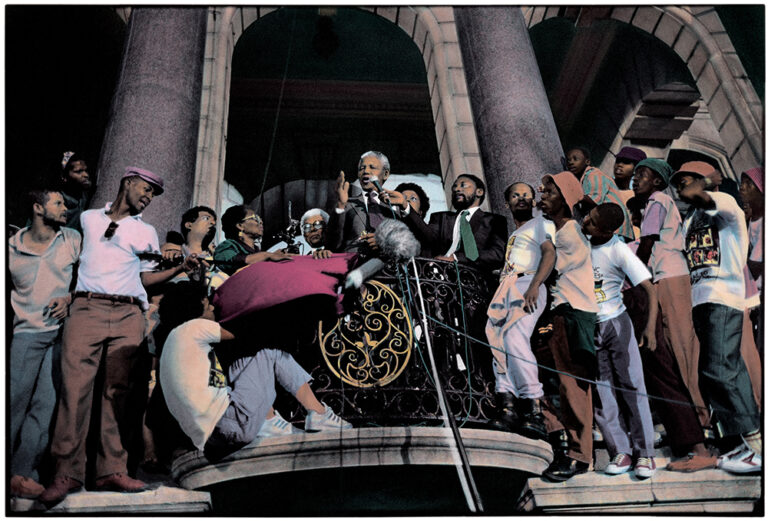
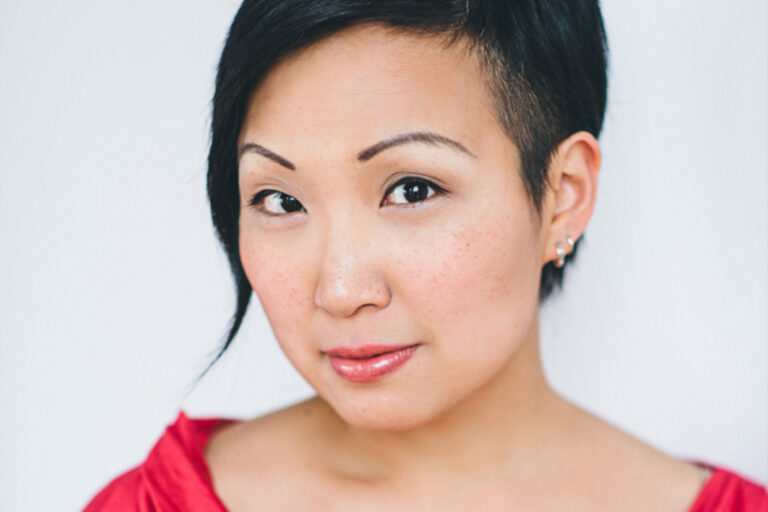
Comments